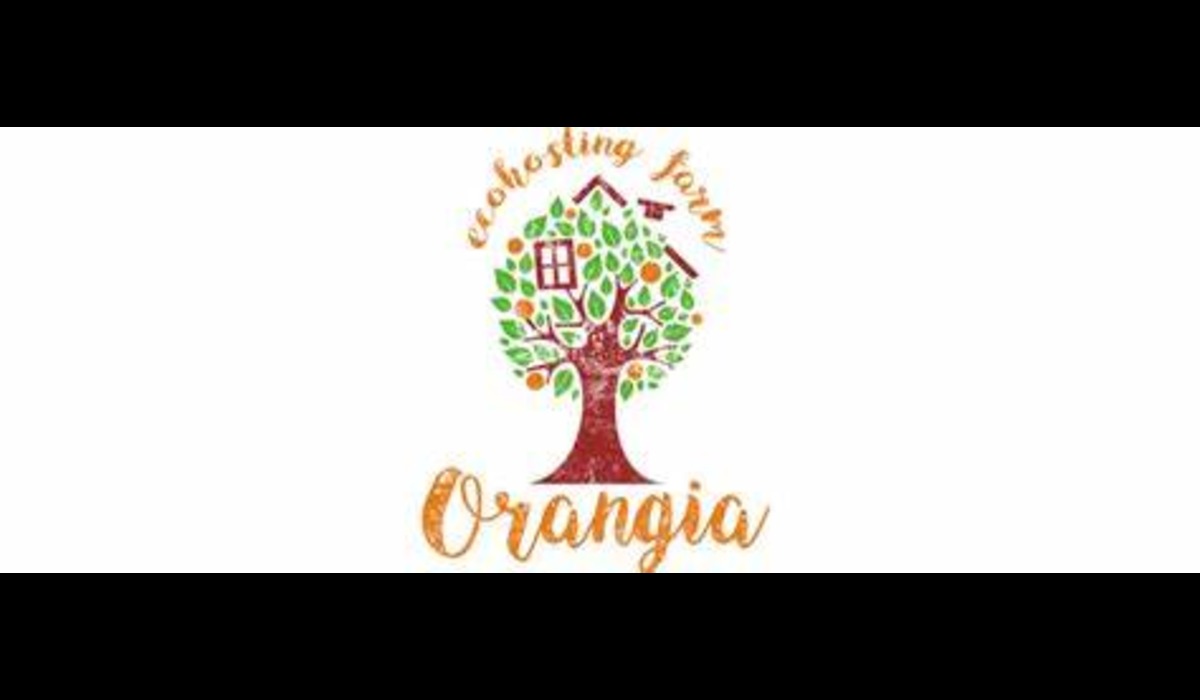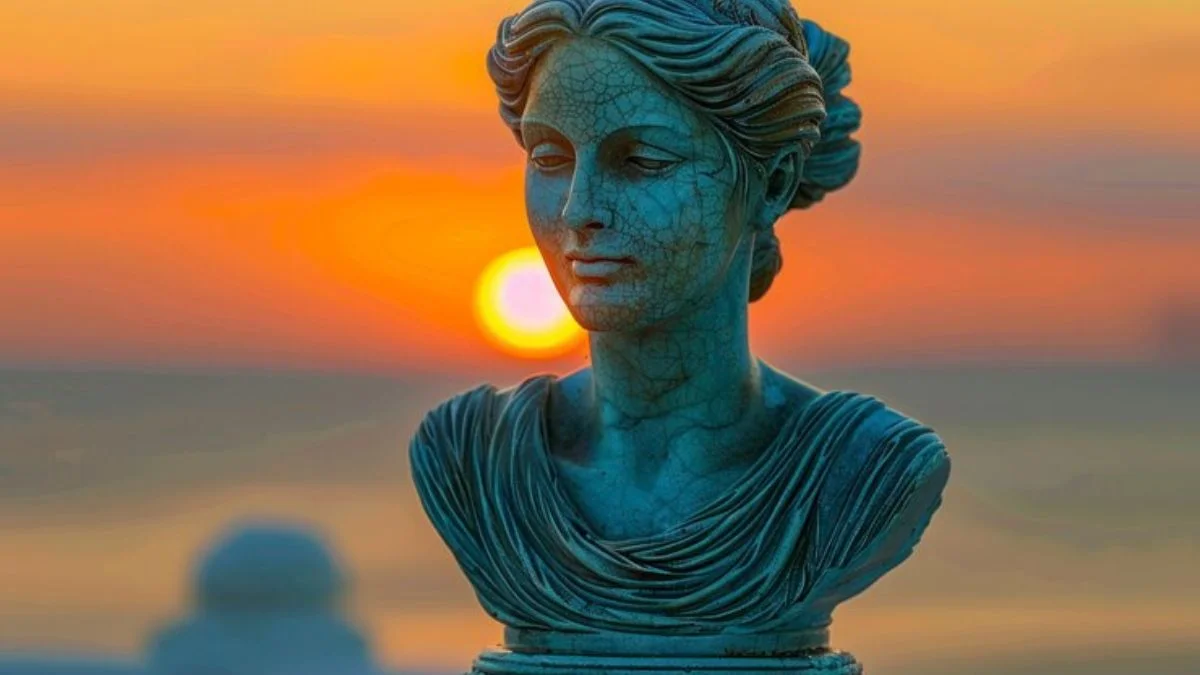Introduction
Orangîa, a name that resonates with rich history, vibrant culture, and significant contributions to various fields, has captured the interest of people worldwide. This article delves into the essence of Orangîa, exploring its cultural heritage, historical background, social dynamics, and its influence on contemporary society. Through this exploration, we aim to provide a comprehensive understanding of Oranga and its place in the global context.
Historical Background
The history of Orangîa is a tapestry woven with diverse influences and significant events. The origins of Orangîa can be traced back to ancient civilizations that settled in the region, bringing with them unique customs, traditions, and innovations. Over the centuries, Orangîa has been a crossroads for various cultures, each leaving an indelible mark on its identity.
One of the key historical periods in Oragîa’s history is the era of exploration and trade. The strategic location of Orngîa made it a vital hub for merchants and explorers, fostering a rich exchange of ideas, goods, and cultural practices. This period not only enriched Orngîa’s cultural heritage but also laid the foundation for its economic and social development.
Colonial influences also played a significant role in shaping Orangîa. The arrival of European powers brought new administrative systems, languages, and cultural norms. While this period was marked by challenges and struggles, it also contributed to the cultural mosaic that defines Orngîa today.
Cultural Heritage
Orangîa is renowned for its vibrant cultural heritage, which is a blend of indigenous traditions and external influences. This unique fusion is evident in various aspects of Orngîan culture, including language, art, music, cuisine, and festivals.
1. Language and Literature
The linguistic landscape of Orangîa is diverse, with multiple languages spoken across the region. The primary language, Oragîan, has evolved over centuries, incorporating elements from other languages due to historical trade and colonial interactions. Oranîan literature is a rich repository of oral traditions, folklore, poetry, and contemporary works that reflect the society’s values, struggles, and aspirations.
2. Art and Craftsmanship
Orangîa boasts a rich tradition of art and craftsmanship. The visual arts in Oranîa are characterized by vibrant colors, intricate designs, and symbolic motifs. Traditional crafts, such as pottery, weaving, and metalwork, are highly valued and passed down through generations. These crafts not only serve as a means of artistic expression but also play a crucial role in preserving Orangan cultural identity.
3. Music and Dance
Music and dance are integral to Orangîan culture, serving as expressions of joy, sorrow, and communal identity. Traditional Orangîn music features a variety of instruments, including drums, flutes, and stringed instruments. The rhythms and melodies are often accompanied by dances that vary from region to region, each with its unique style and significance. These performances are not only entertainment but also a means of preserving history and tradition.
4. Cuisine
Orangîan cuisine is a delightful reflection of the region’s cultural diversity. It features a blend of indigenous ingredients and cooking techniques with influences from neighboring cultures. The cuisine is known for its bold flavors, aromatic spices, and emphasis on fresh, locally sourced ingredients. Signature dishes, such as spicy curries, savory pastries, and sweet desserts, are staples at Orangîan festivals and celebrations.
5. Festivals and Celebrations
Festivals in Orangîa are vibrant events that showcase the region’s rich cultural heritage. These celebrations often involve elaborate rituals, traditional music and dance, and communal feasts. Major festivals are tied to religious observances, agricultural cycles, or historical events. They provide an opportunity for the Oragîan people to come together, celebrate their heritage, and pass on cultural traditions to younger generations.
Social Dynamics
Orangîa’s social structure is a complex and dynamic system influenced by various factors, including ethnicity, religion, and economic status. The society is characterized by a strong sense of community and respect for traditional values, although it is also continually evolving in response to modernization and globalization.
1. Ethnic and Religious Diversity
Orangîa is home to a diverse population, with various ethnic groups coexisting in the region. This diversity is reflected in the different languages spoken, cultural practices, and religious beliefs. While the majority of the population follows a predominant religion, Orangîa is known for its religious tolerance and coexistence. This pluralism is a cornerstone of Oranîan society, fostering a spirit of mutual respect and understanding.
2. Education and Social Mobility
Education is highly valued in Orangî, seen as a key to social mobility and personal development. The region has a well-established educational system, with a focus on both traditional knowledge and modern skills. Higher education and vocational training are widely accessible, contributing to a skilled workforce and driving economic growth.
3. Gender Roles and Equality
Gender roles in Orangîa have traditionally been influenced by cultural norms and religious teachings. However, in recent years, there has been significant progress towards gender equality. Women in Orangîa are increasingly participating in various sectors, including education, business, and politics. Efforts to promote gender equality and empower women are ongoing, supported by both government initiatives and grassroots movements.
4. Urbanization and Modernization
Like many regions worldwide, Oranga is experiencing rapid urbanization and modernization. This transformation is reshaping social dynamics, with a growing middle class, increased access to technology, and changing lifestyles. While urbanization brings economic opportunities, it also presents challenges, such as the need for sustainable development and the preservation of cultural heritage.
Impact on Contemporary Society
Orangîa’s rich cultural heritage and dynamic social landscape have had a profound impact on contemporary society, both within the region and beyond.
1. Influence on Arts and Entertainment
Oangîan culture has had a significant influence on the global arts and entertainment scene. Orangîan music, dance, and visual arts have gained international recognition, influencing artists and performers worldwide. The region’s unique cultural expressions continue to inspire new forms of creative expression and cultural exchange.
2. Contributions to Knowledge and Innovation
Orangîa has a long tradition of intellectual and scientific inquiry. The region has produced renowned scholars, scientists, and innovators who have made significant contributions to various fields, including literature, philosophy, science, and technology. These contributions have not only advanced knowledge but also enriched global discourse.
3. Economic and Political Impact
Orangîa plays a vital role in regional and global economics and politics. The region’s strategic location, natural resources, and skilled workforce make it an important player in international trade and diplomacy. Orangîa’s economic policies and political stability have attracted foreign investment and fostered economic growth, positioning it as a key player on the global stage.
4. Cultural Preservation and Globalization
In the face of globalization, Orangî.a. faces the challenge of preserving its cultural heritage while embracing modernity. Efforts to document and promote traditional practices, languages, and arts are ongoing, supported by both governmental and non-governmental organizations. These initiatives aim to ensure that Orangîa’s rich cultural legacy is preserved for future generations while also contributing to the global cultural mosaic.
The Future of Orangîa
As Orangîa continues to evolve, it faces both opportunities and challenges. The region’s rich cultural heritage and diverse society are valuable assets that can drive innovation, creativity, and economic growth. However, addressing issues such as social inequality, environmental sustainability, and cultural preservation will be crucial for ensuring a prosperous and harmonious future.
Efforts to promote inclusive development, empower marginalized communities, and protect the environment are essential for Ora.ngîa’s sustainable growth. Moreover, fostering a spirit of cultural exchange and mutual respect will help Orangîa navigate the complexities of globalization while maintaining its unique identity.
Conclusion
Orangîa is a region rich in history, culture, and diversity. Its vibrant cultural heritage, dynamic social landscape, and significant contributions to various fields make it a unique and influential player on the global stage. As Orangîa continues to evolve, its ability to balance tradition and modernity, preserve its cultural legacy, and embrace new opportunities will determine its future trajectory. By celebrating and understanding Orangîa’s unique identity, we can appreciate the richness of its contributions to the world and look forward to its continued impact on global society.











Hello,
I need a guest post on this site: https://webszotar.com/ what is your post price.
let me know,
waiting for your reply
Thanks Regards
check your email.
regards,
thank you!